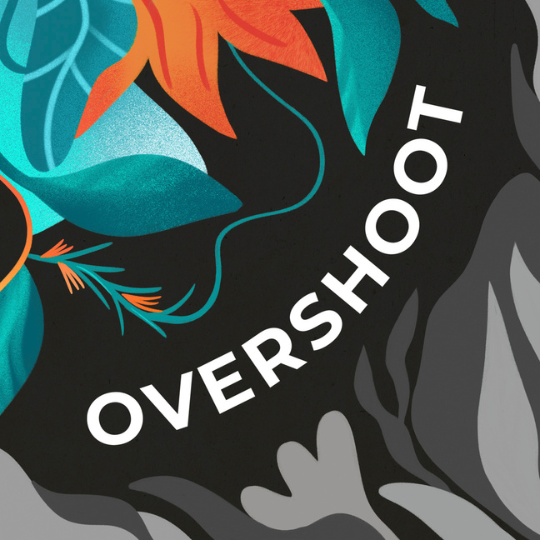Listen on your favorite app
OVERSHOOT | Shrink Toward Abundance
OVERSHOOT tackles today’s social and ecological crises driven by our excessive population and consumption and explores the paradigm shifts needed to bring our human footprint into balance with all life on Earth. With expert guests, hosts Nandita Bajaj and Alan Ware examine the drivers of overshoot: from the pronatalism fueling overpopulation, to economies based on consumerism and social injustice, to the worldview of human supremacy that exploits animals and nature. Our vision of shrinking toward abundance offers transformative pathways beyond technological fixes, toward interconnectedness with all beings. With a global rank of 1.5%, we draw listeners from across 150 countries.
Read our Listener Feedback. | Support this podcast. | Subscribe to our newsletter.
New to our podcast?
There are over 90 episodes of OVERSHOOT. If you are new to the podcast and looking for a good place to start, we recommend you listen to these episodes first.
Episodes
Choose categories in the search element below to search for podcast episodes with those topics.
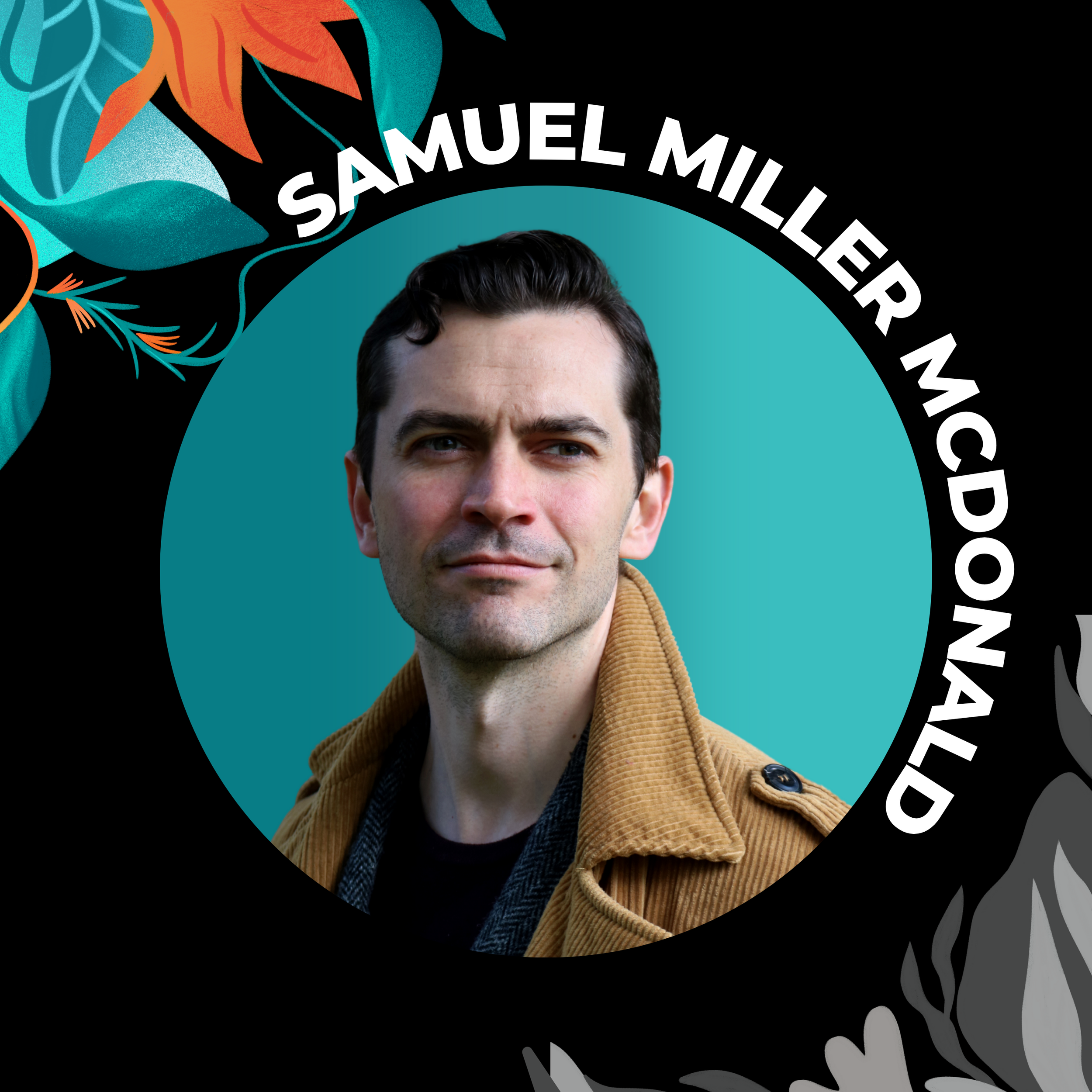
The Elite’s Fixation with Low Birth Rates
From center-left Ezra Klein to right-wing Matt Walsh, the fertility panic is an elite fixation that is rooted in a human supremacist worldview and a deep fear of slowing growth. Samuel Miller McDonald, geographer and author of the book Progress: A History of Humanity's Worst Idea, joins us.

“Hopium” and the Long Defeat
The rhetoric of “hopium” is failing as ecological overshoot deepens. We're living in the long defeat and we must own and confront it with courage. Award-winning essayist, Pamela Swanigan, joins us.
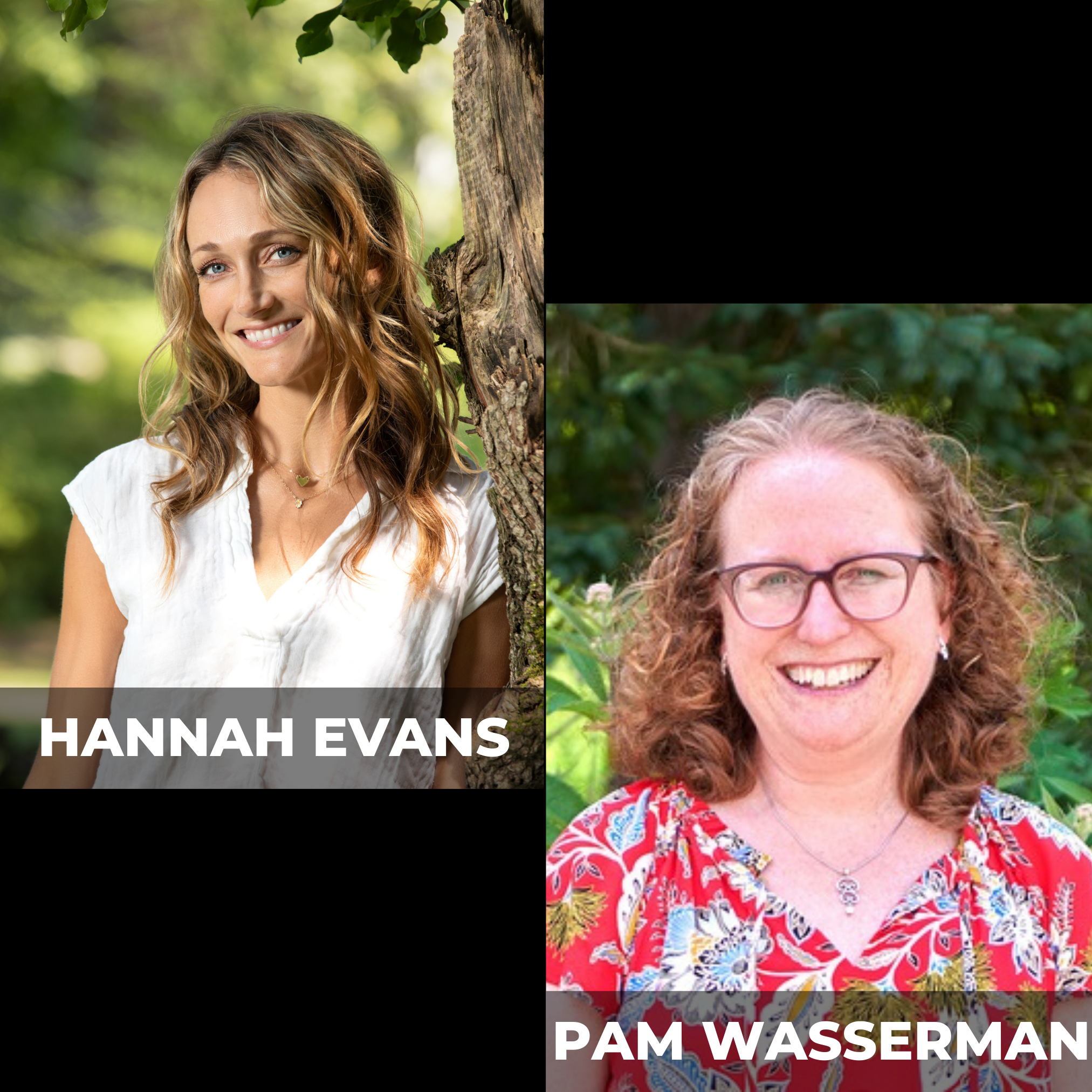
Progressive Pathways for a Smaller Population
Population dynamics are deeply connected to environmental sustainability and social justice. That's the message of Pam Wasserman and Hannah Evans from Population Connection - the oldest grassroots population organization in the U.S.
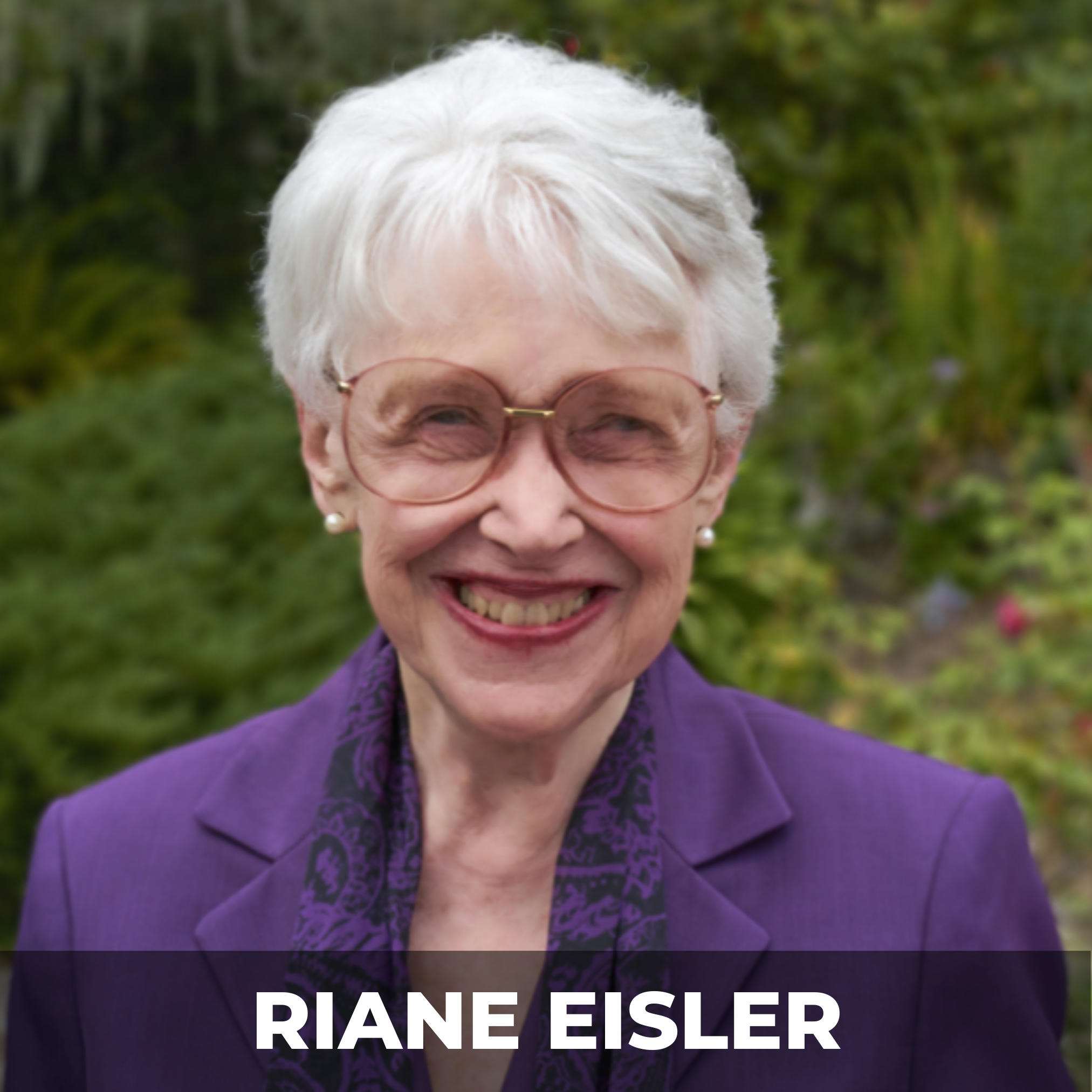
Confronting the Population Taboo
We need to shift from systems of domination - rooted in control, hierarchy, and violence - to systems of partnership grounded in mutual respect, equity, and care for all life. Riane Eisler, a social systems scientist, futurist, cultural historian and author of The Chalice and the Blade and The Real Wealth of Nations, joins us.
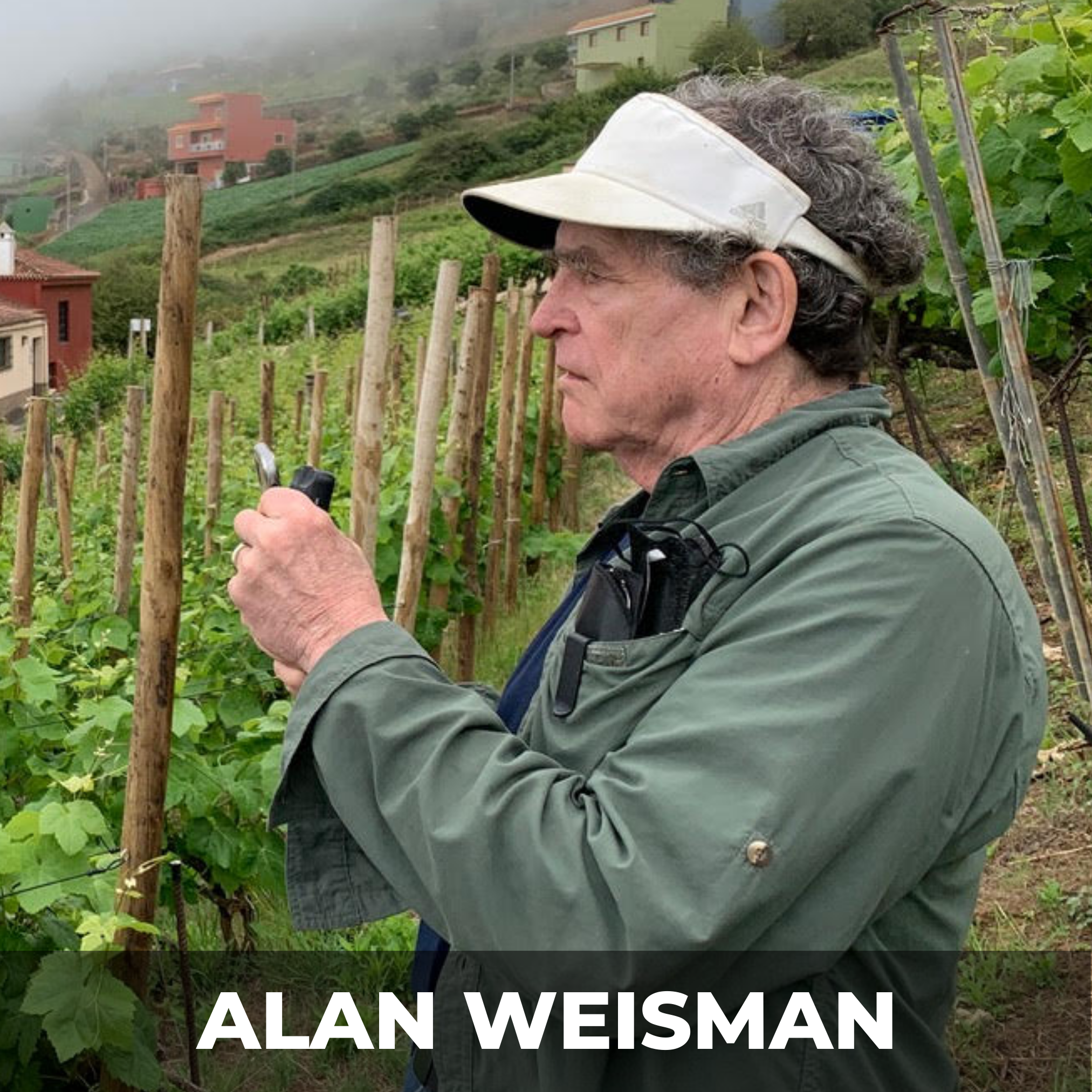
Countdown: Our Last, Best Hope for a Future on Earth?
How many humans can the planet support without capsizing? Alan Weisman, journalist and author of Countdown: Our Last, Best Hope for a Future on Earth?, joins us.
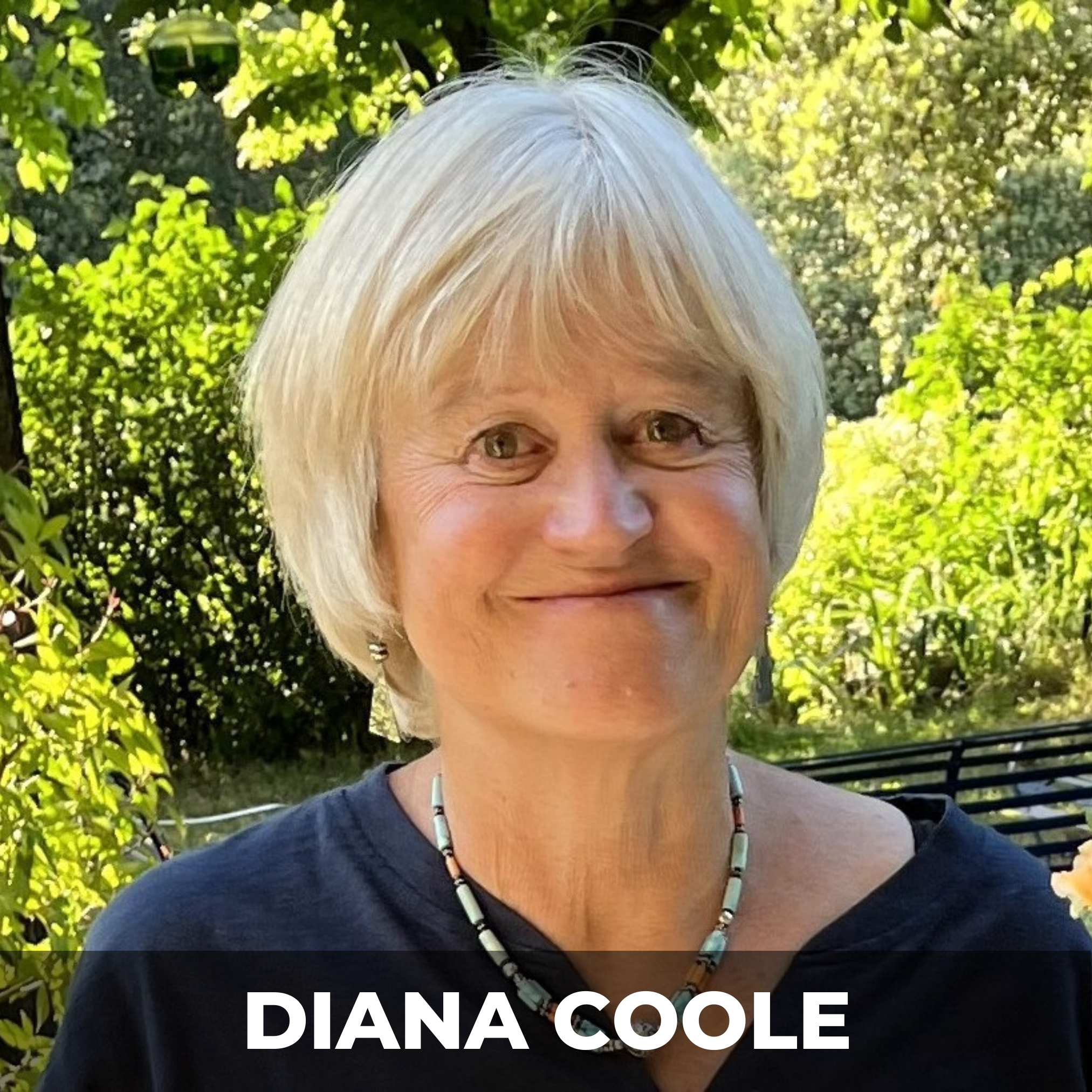
How Population Became a Dirty Word
When and why did population become a dirty word? Diana Coole, political theorist and feminist scholar, joins us.
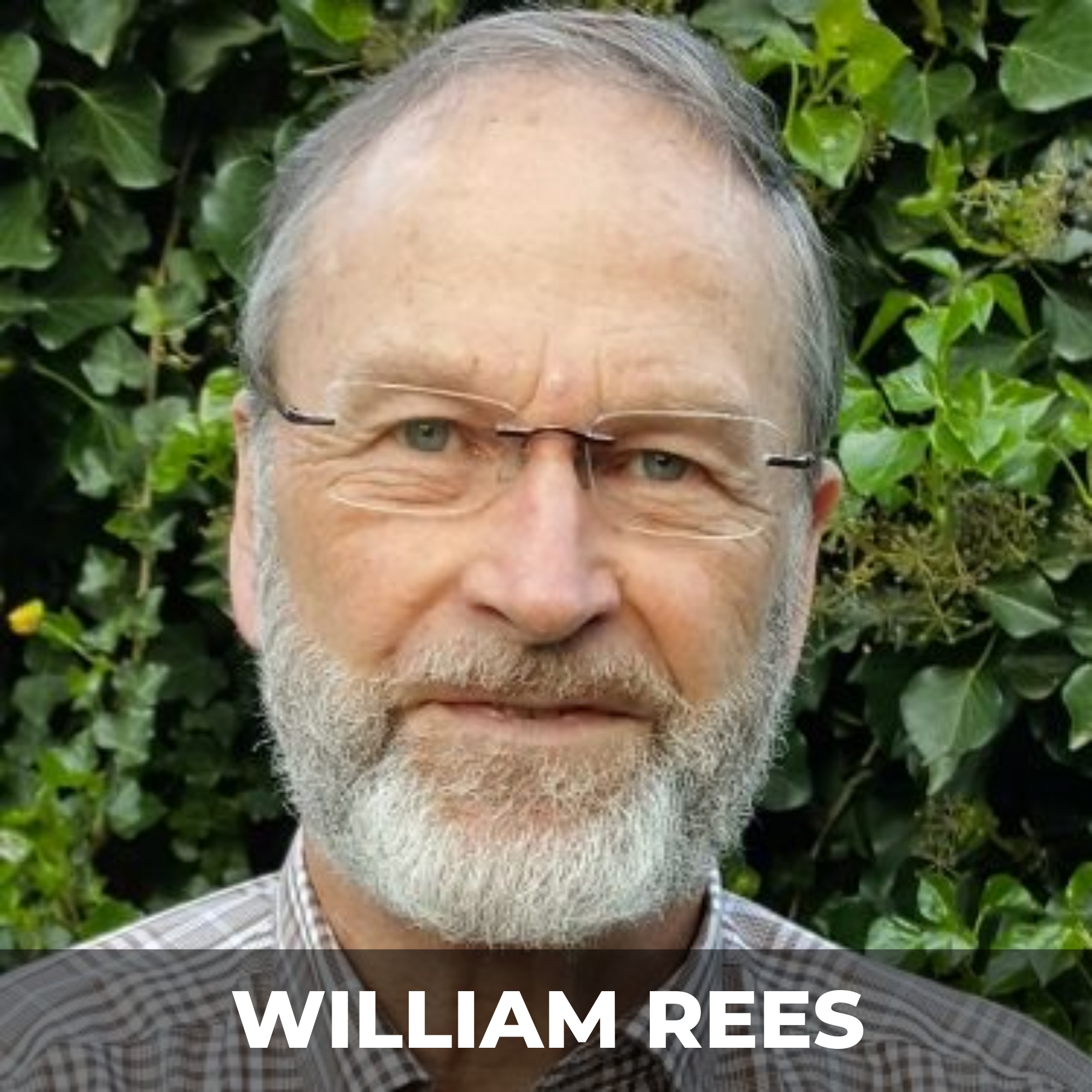
Confronting Ecological Overshoot
How has blind faith in human exceptionalism, neoliberal economics, and technological optimism led us into a state of ecological overshoot? Bill Rees, population ecologist and co-creator of ecological footprint analysis, joins us.
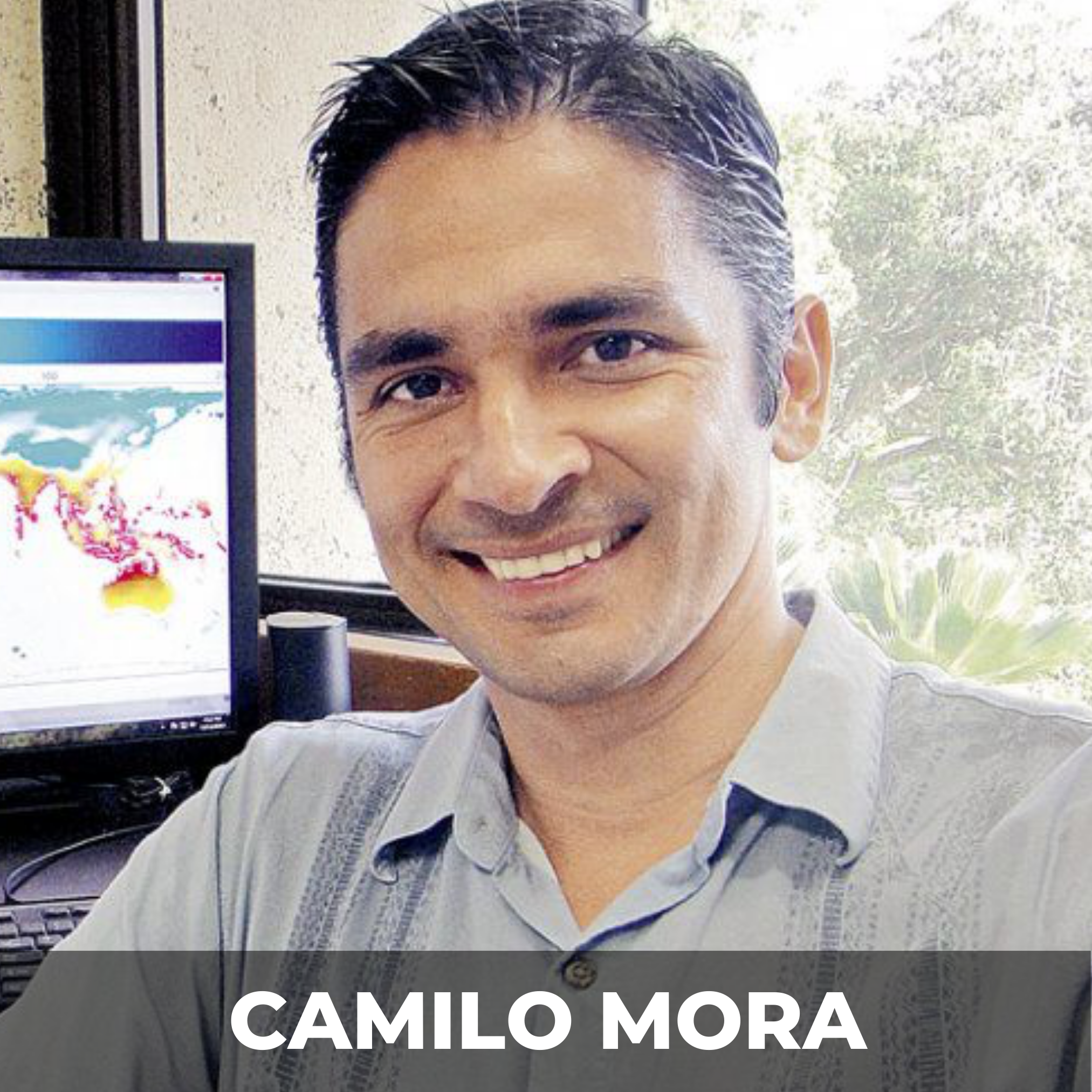
Population: A Threat Multiplier
Human activity is driving climate change, biodiversity loss, resource scarcity, and pandemics, creating compounding crises that demand urgent attention. Camilo Mora, professor and researcher, joins us.
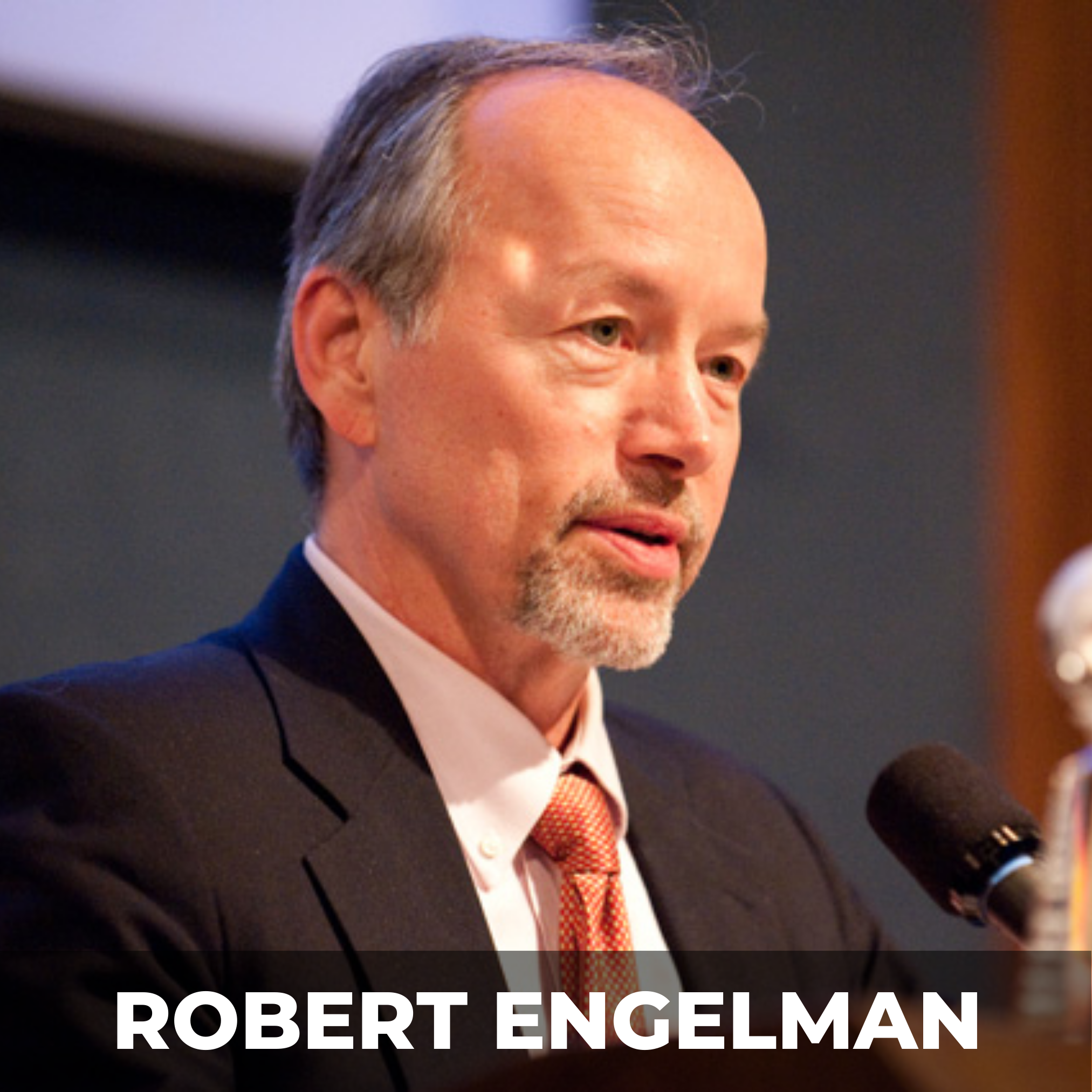
The Right to Reproductive Autonomy
Reproductive autonomy and empowering choice are key to both human rights and planetary health. Robert Engelman, researcher, writer, and former newspaper reporter, joins us.
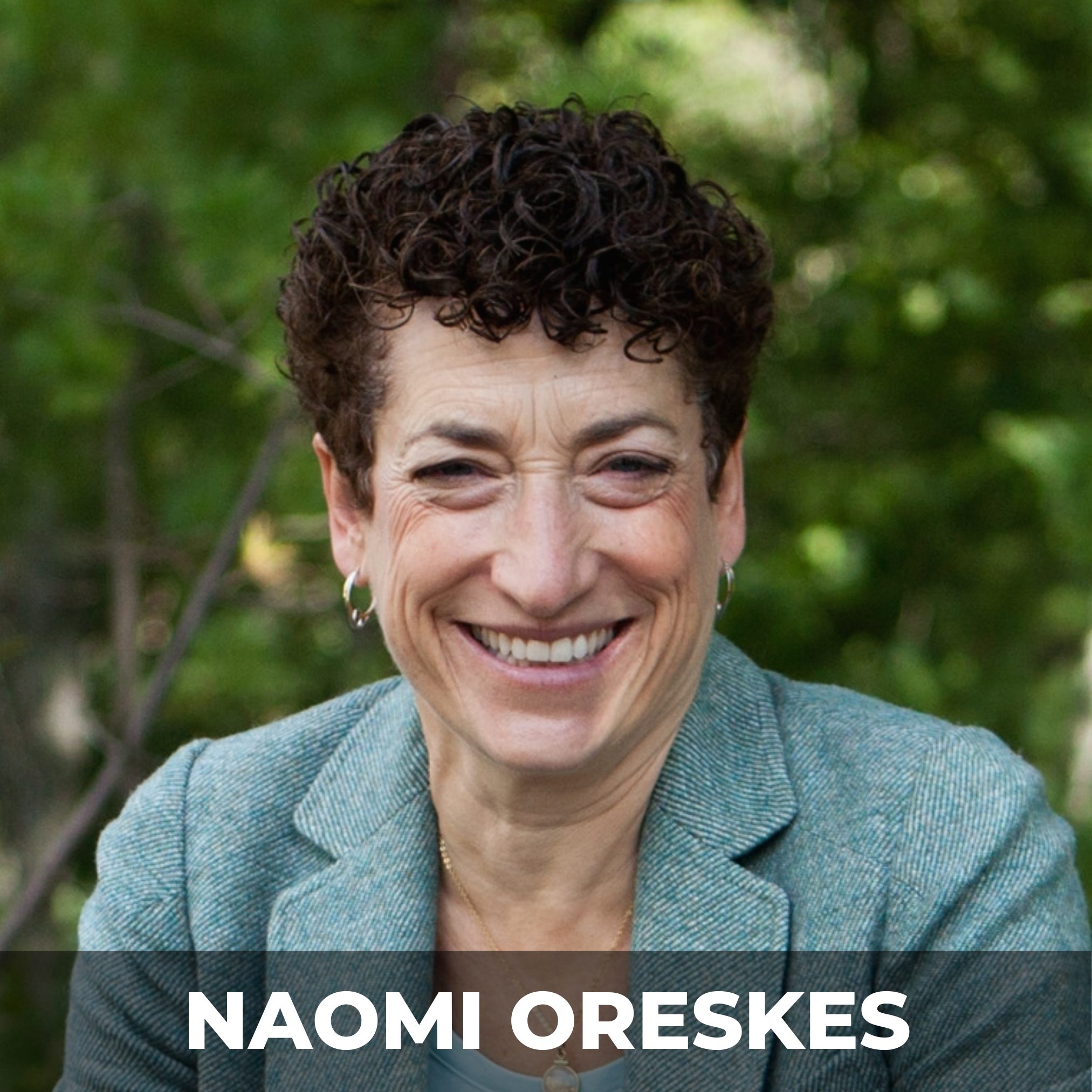
The Dangers of Free-Market Fundamentalism
Free-market fundamentalism undermines democracy and exploits marginalized communities to benefit a small minority of elites. Naomi Oreskes, Professor of the History of Science and Affiliated Professor of Earth and Planetary Sciences at Harvard University and co-author of The Big Myth: How American Business Taught Us to Loathe Government and Love the Free Market, joins us.
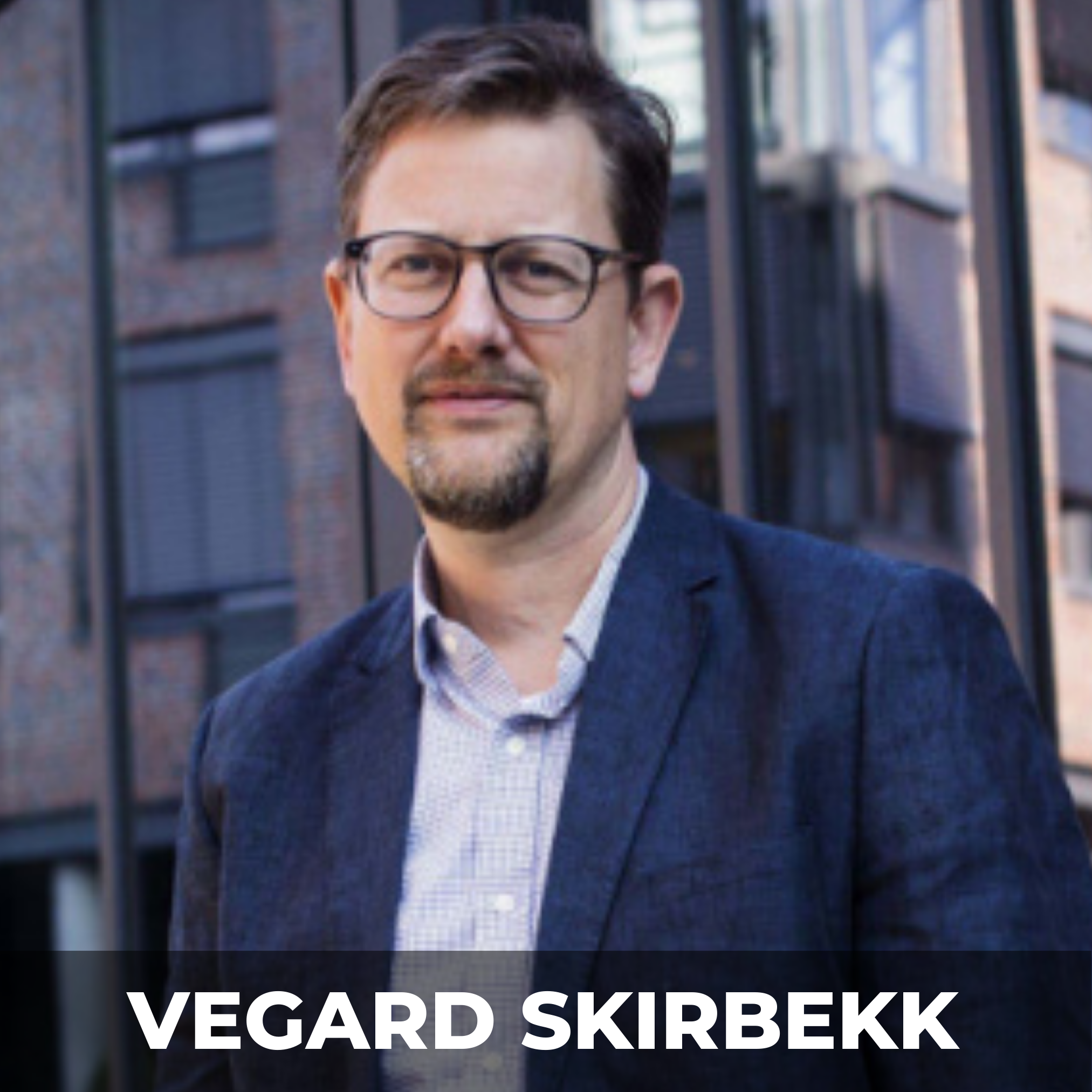
The Advantages of Declining Fertility
A declining birth rate is a positive trend that can lead to greater prosperity. Vegard Skirbekk, population economist and author of the book, Decline and Prosper! Changing Global Birth Rates and the Advantages of Fewer Children, joins us.
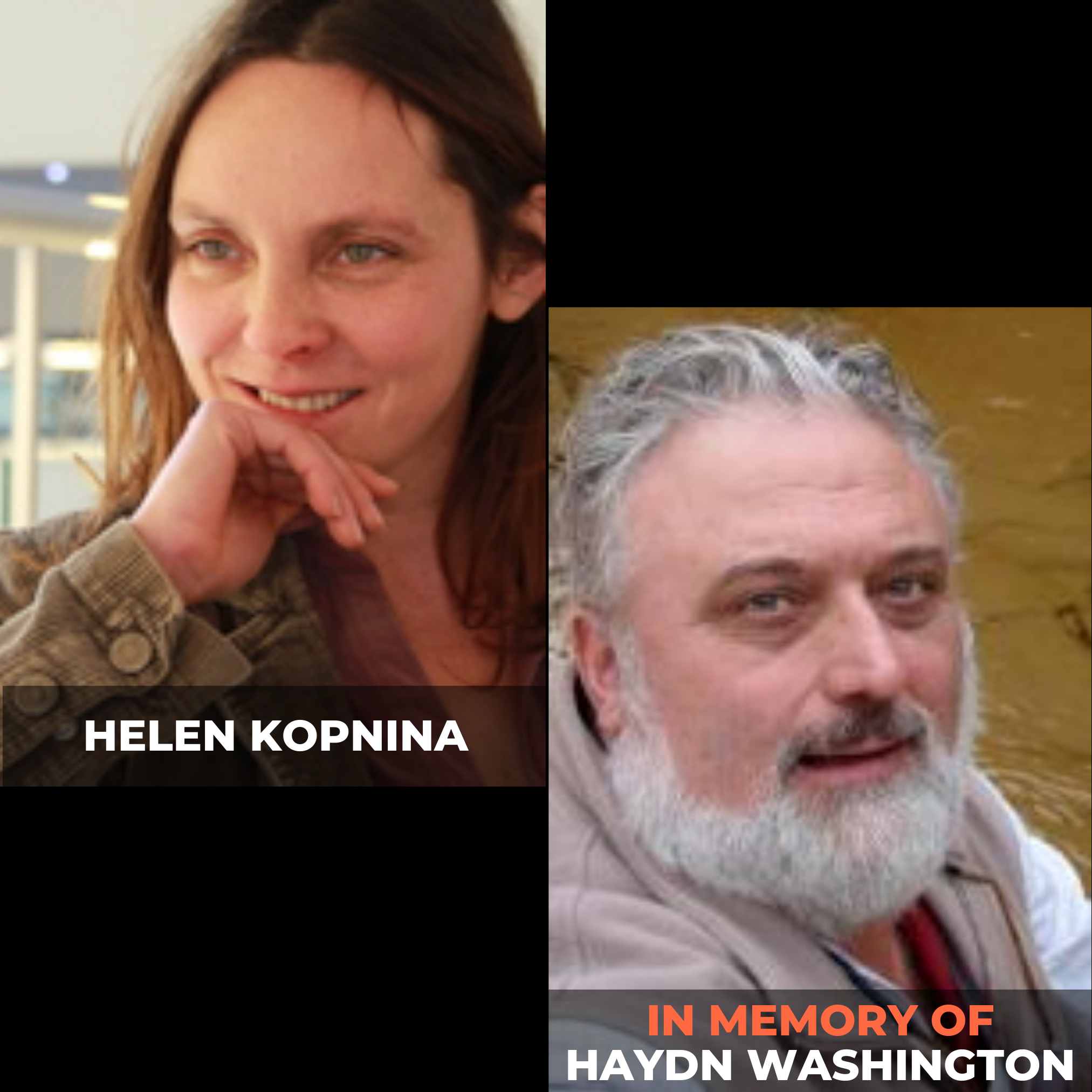
The Costs of Population Denialism
Dr. Helen Kopnina pays tribute to late Dr. Hadyn Washington and his uncompromising commitment to sustainability and justice. She also discusses her personal introduction to an eco-centric worldview through nature’s healing power, as well as the social and ecological costs of population denialism.
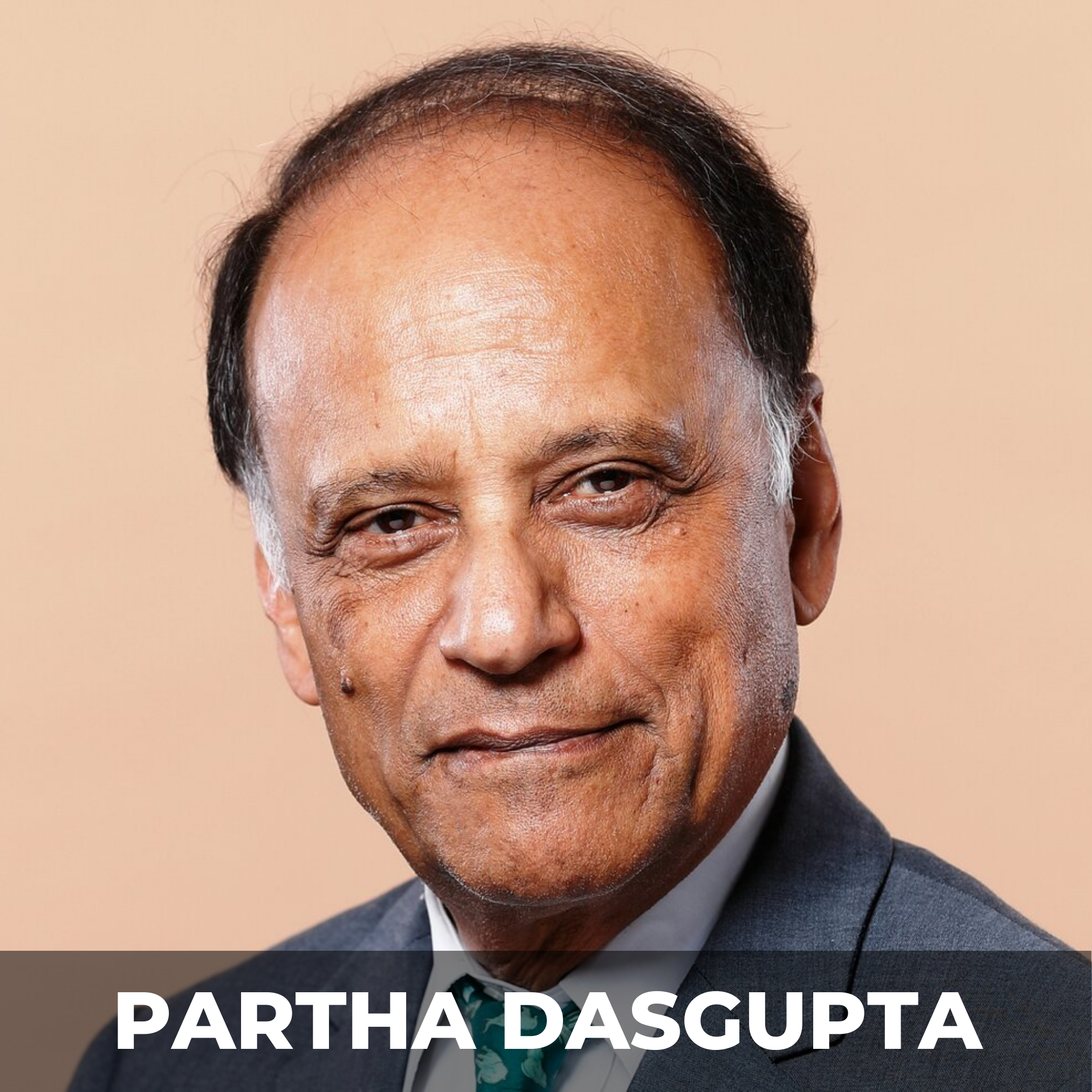
Accounting for Nature
Current growth-based economic models devalue and destroy nature. Partha Dasgupta, economist and author of The Economics of Biodiversity: The Dasgupta Review, joins us.
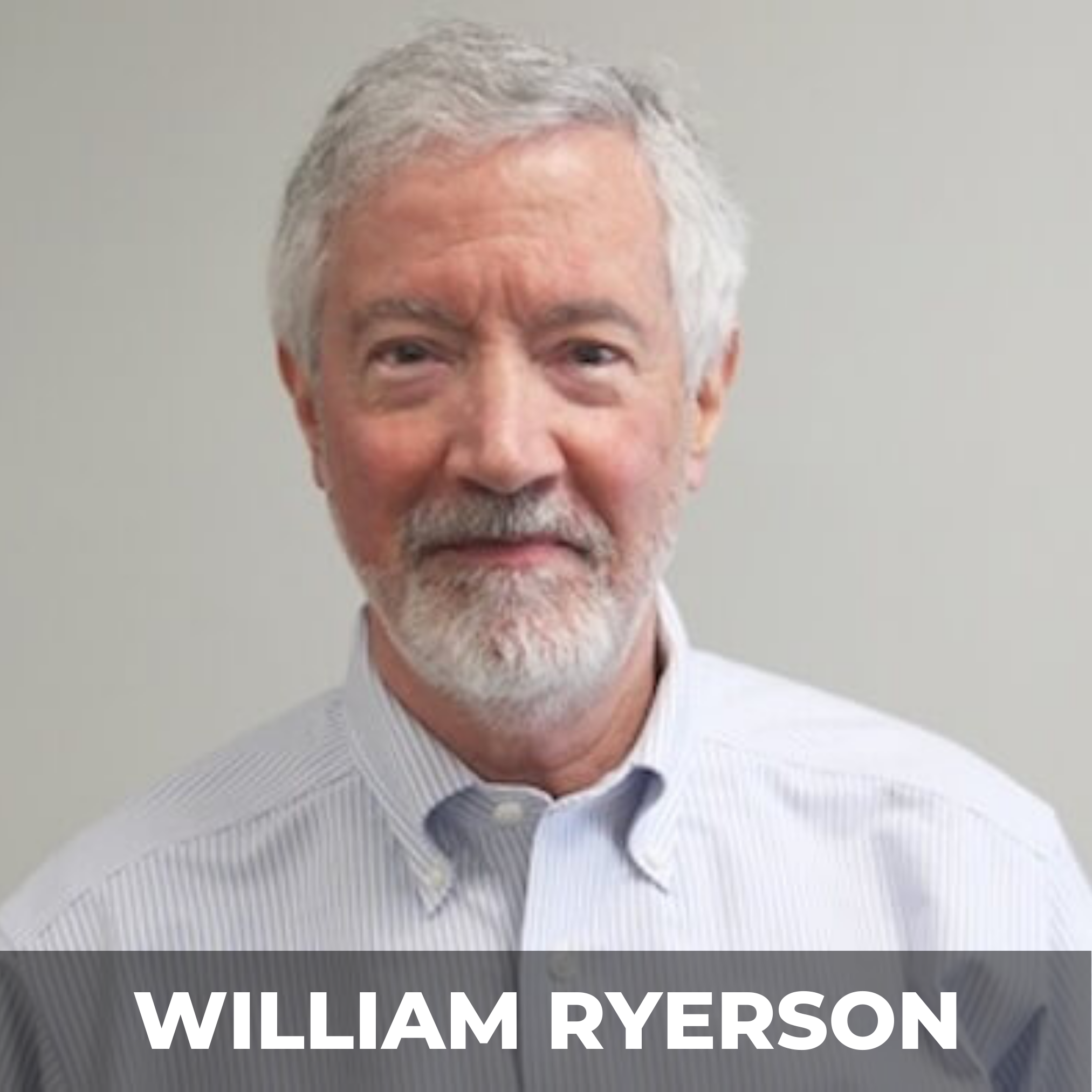
Soap Operas For Social Justice
Mass media can be used to model positive social change at large scale. Bill Ryerson, the founder and long-time leader of Population Media Center, joins us.
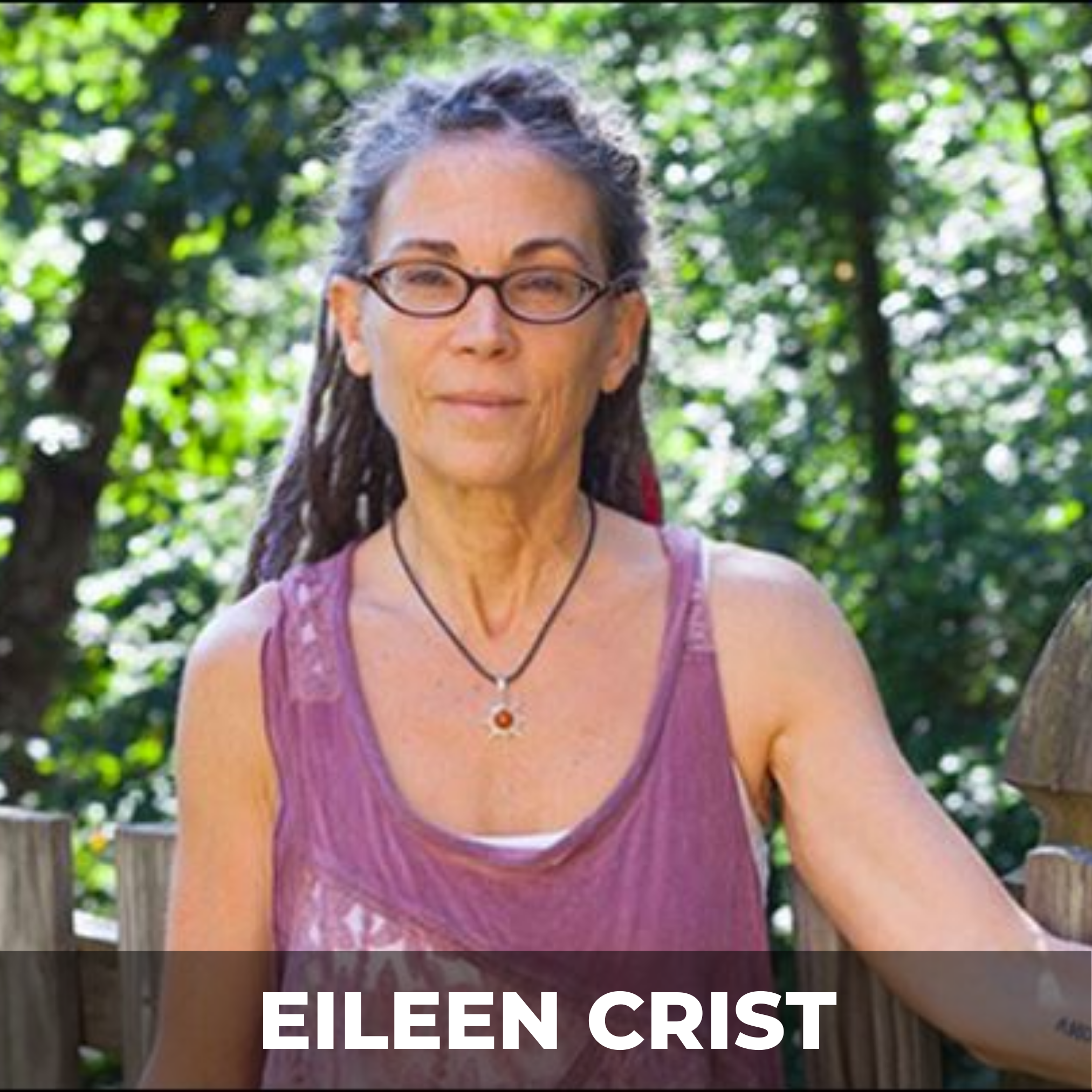
Toward an Ecological Civilization
How can we reframe our relationship with the planet to foster harmony with all life on Earth? Eileen Crist, environmental writer and author of Abundant Earth: Toward an Ecological Civilization, joins us.
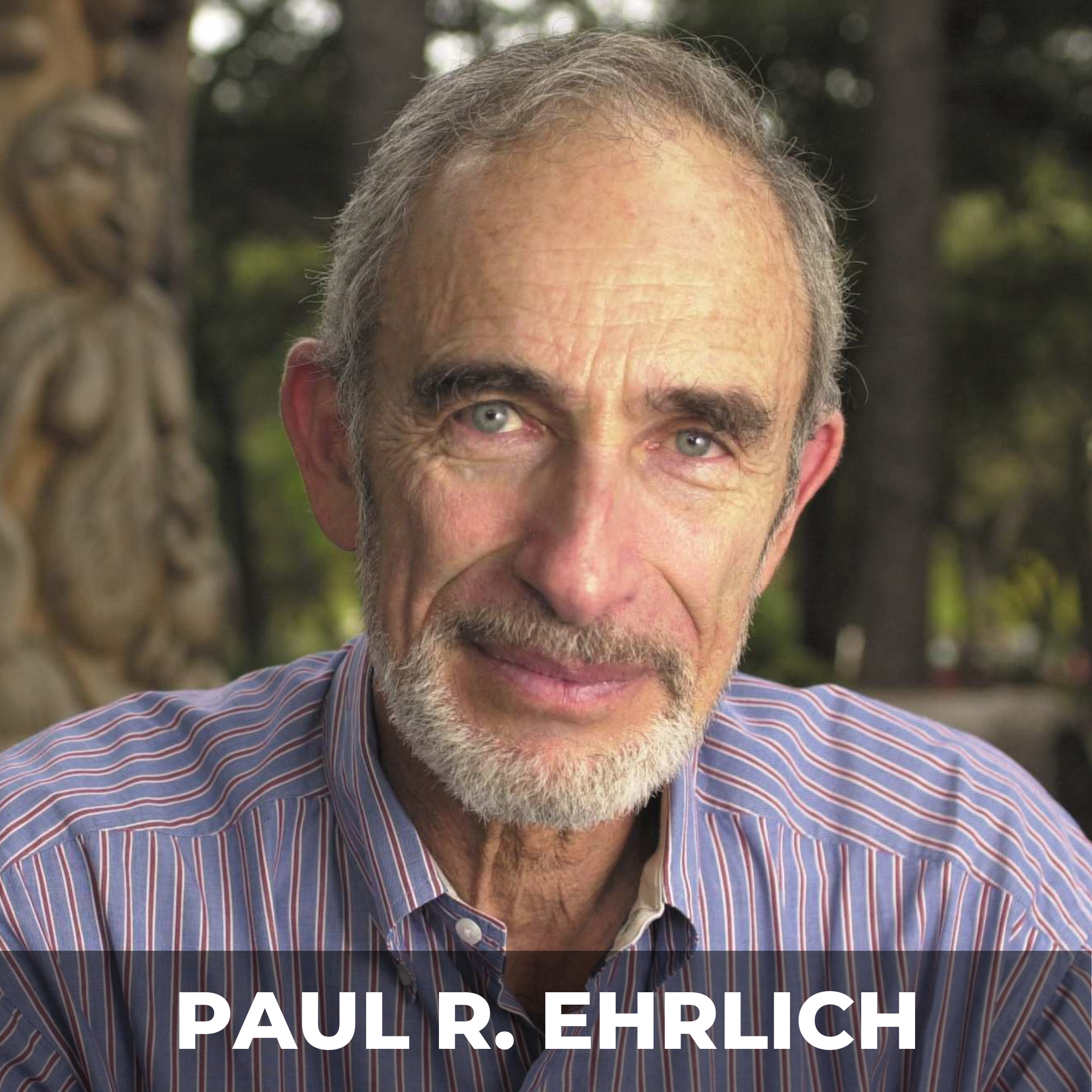
Driving Life Over the Edge
Human population has exploded, species extinction has accelerated, and humanity is busy “sawing off the limb on which it is perched”. Paul Ehrlich, author of The Population Bomb, joins us.
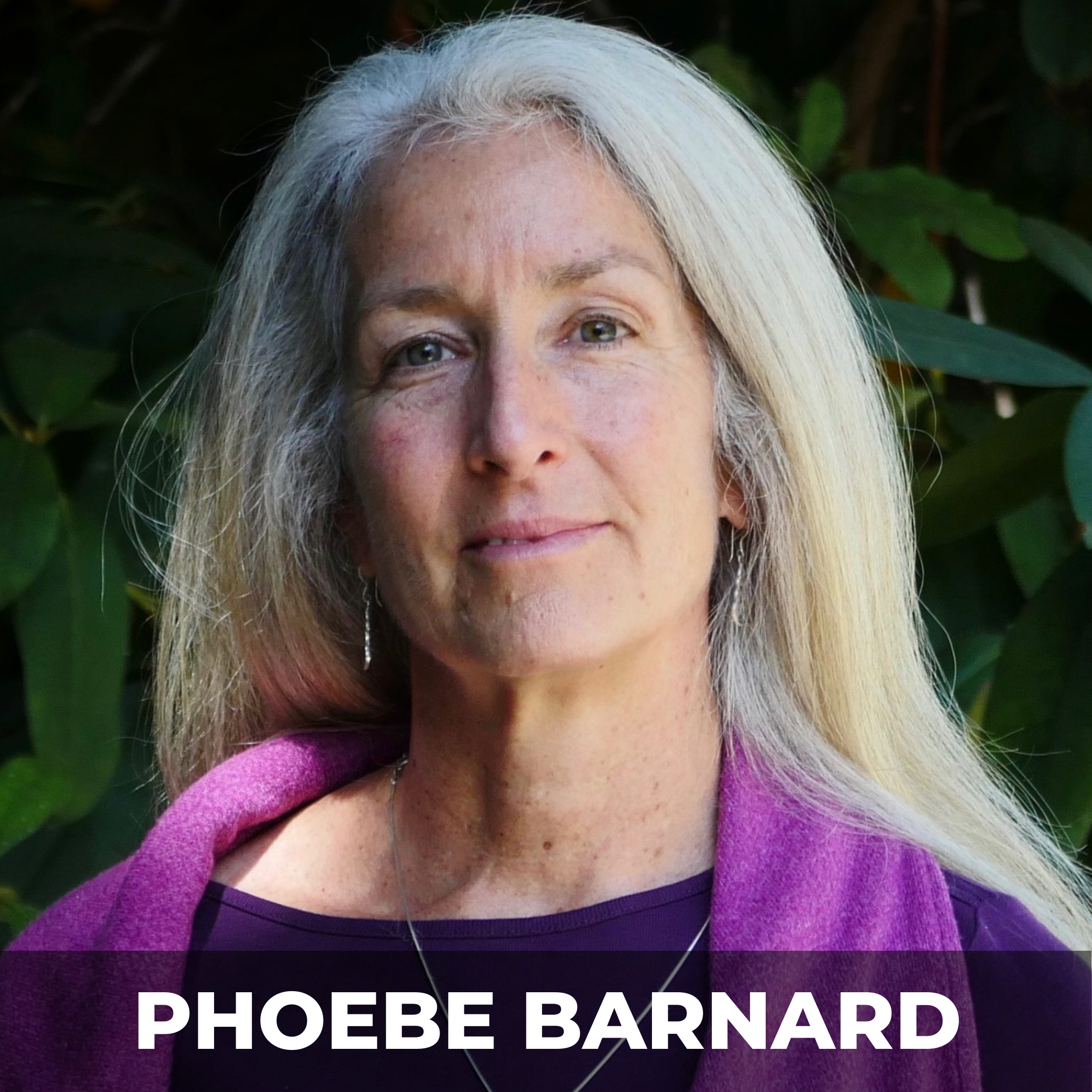
Rome is Burning. The Time is Now.
Collaborative efforts across boundaries of faith, science, and activism are desperately needed to protect Earth. Phoebe Barnard, biodiversity scientist and global change advocate, joins us.
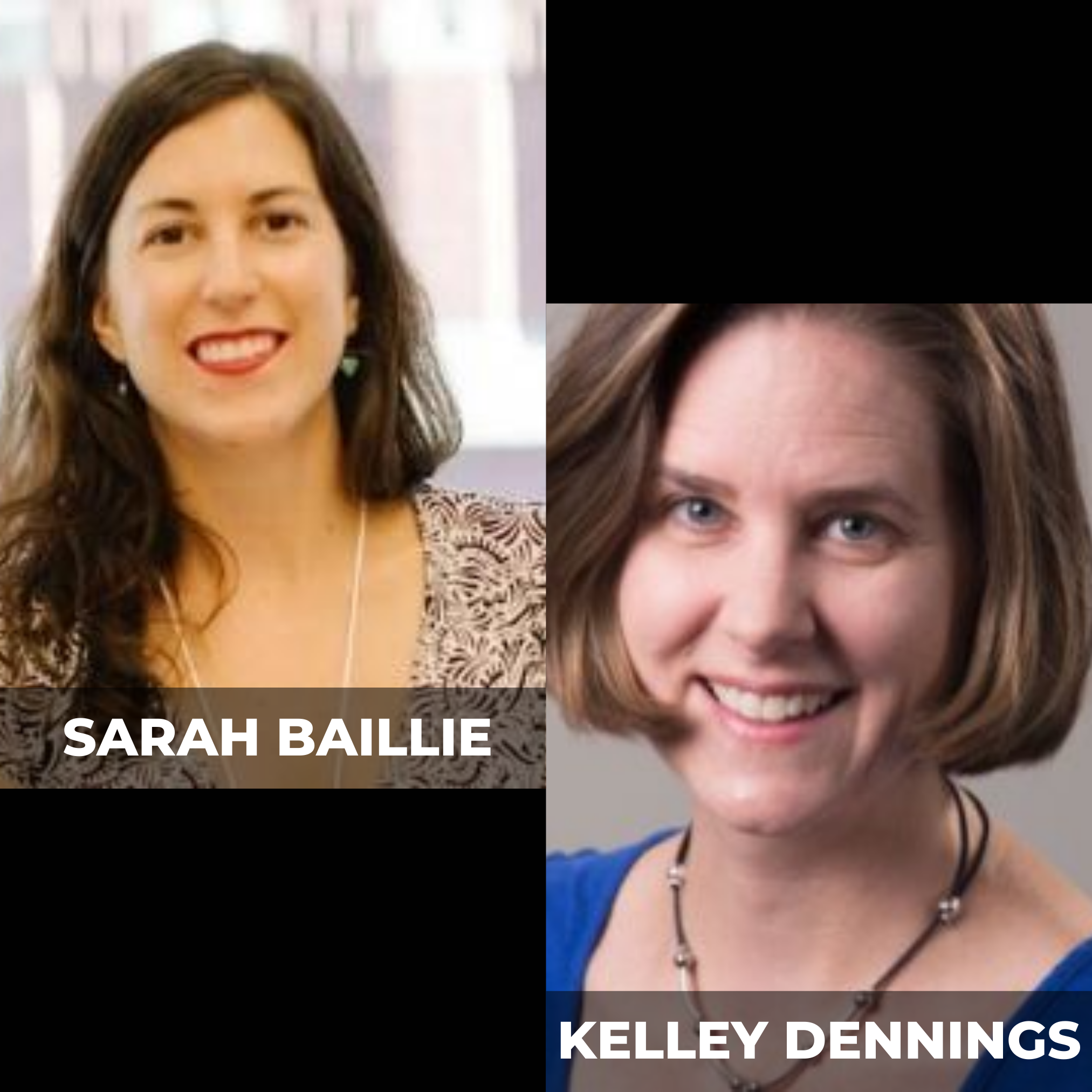
Endangered Species Condoms
Human reproductive decisions affect the biodiversity of all life on Earth. To discuss how they broach this sensitive topic within their work, Sarah Baillie and Kelley Dennings from The Center for Biological Diversity, join us.

The Perils of Population Denial
Human overpopulation creates habitat destruction and species extinction. Physician turned documentarian Sofia Pineda Ochoa joins us to expose the harms of population denialism on other species and future generations.

Pronatalism and Overpopulation
Pronatalism and overpopulation webinar : The decision to have children or not is largely regarded as an isolated personal decision, but how personal is it really? We are joined by four expert international panelists to unpack the pervasive and oppressive powers of pronatalism.






